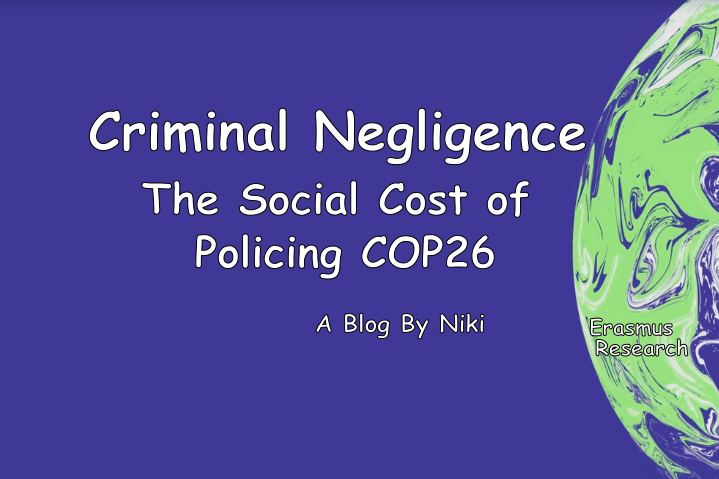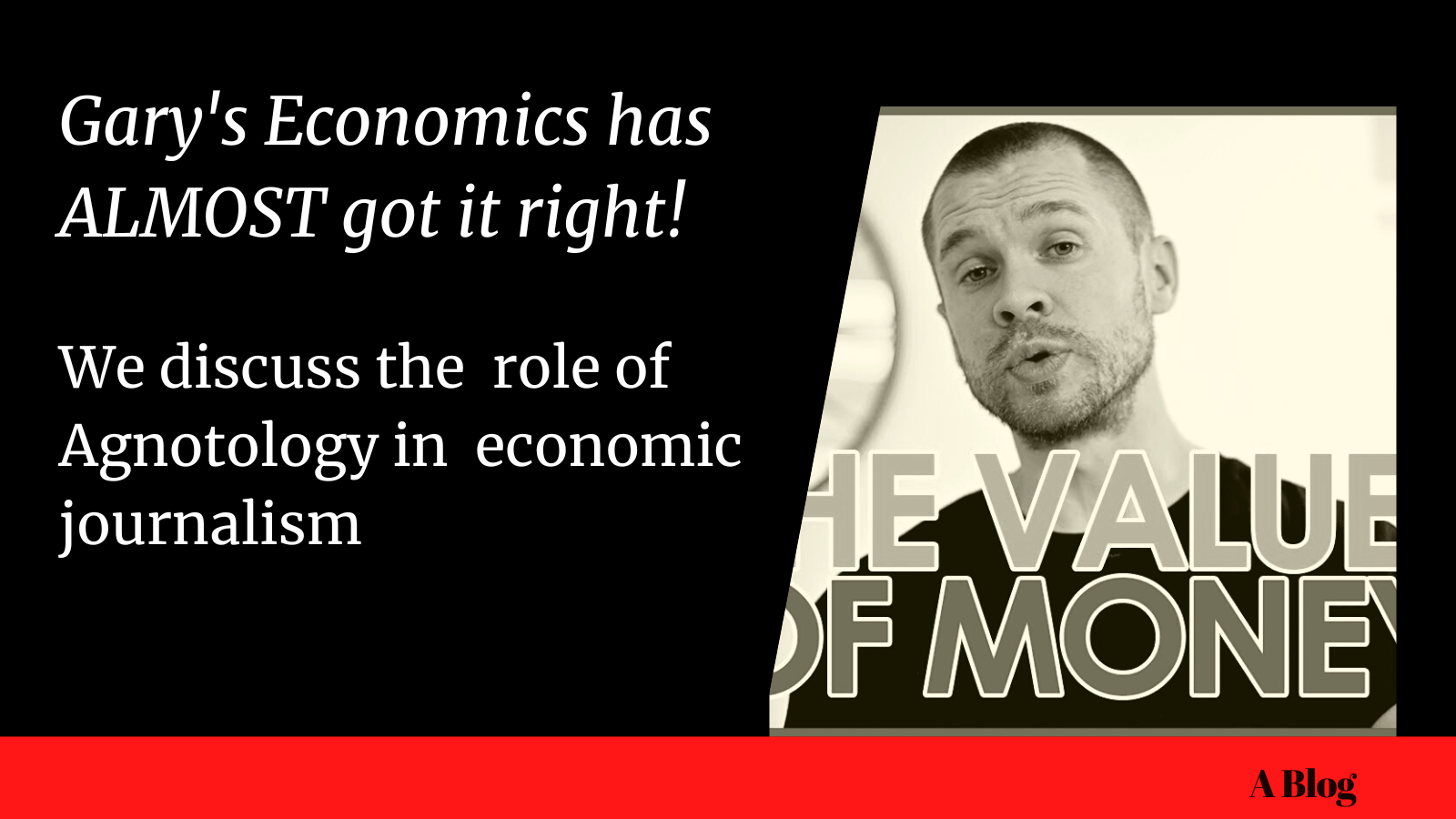This paradigm shifting book offers a radical alternative to the populist belief that animal welfare is improved through the expansion of laws that impose carceral sentences on those who abuse or cause harm to animals. This, the contributors of the book argue, is the prevailing orthodoxy among the majority of animal advocates who identify as vegans. The authors call this approach to the enforcement of animal welfare, ‘carceral veganism’.

The key argument of the book is that we simply cannot make the case against non-human animals being in cages, while it remains acceptable to put human animals in cages. In short, carceral veganism is, to use the books own terminology, a form of oppression that is ‘entangled’ with other forms of oppression. If we want total liberation, the contributors of the book argue, we need to free all animals from captivity, both human and non-human.
Our book review will be in three parts: the first part defining the problem; the second, looking at the evidence; and the third focusing on the solutions. Before we commence, it is perhaps a good idea to clarify some of the key concepts. Let’s start with carceral veganism itself.
Defining the Problem of Carceral Veganism
Carceral Veganism refers to the movement or loose collection of animal welfare groups, mostly made up of white and middle-class people, who collaborate in the prosecution and punishment of individuals who harm or mistreat animals. The central question of this book is how freeing non-human animals from their cages can align with the incarceration of human animals in cages. This question has very deep political implications and the answer is, as the title suggests, imperative if we hope to dismantle both racial and carceral capitalism.
There are clear parallels between the critiques of carceral veganism and carceral feminism, a populist movement that seeks to strengthen the rights of women, through the continued expansion of the criminalisation of acts and behaviours that cause women harm or that lead to their further oppression. However, the intersectional ideas behind Vegan Entanglements help us understand the true extent to which all forms of oppression are connected. This understanding is vital if we are to successfully dismantle oppressive regimes in their entirety, rather than engage in the utterly futile exercise of tackling them one at a time.

The principal objection against carceral feminism is that it collaborates with the police state to root out individual ‘abusers’ and to punish them for their ‘crimes’, while ignoring the structural factors that underpin the sense of entitlement, masculine domination and gendered violence that emanates from the very structures of patriarchal power. Herein lies the central contradiction of carceral feminism. It is impossible to dismantle the structures of patriarchal power, with solutions that both produce and reproduce masculine domination. The call to root out the ‘bad men’ and to lock them up, is fully supported by authoritarian states everywhere and represents the punitive-paternal orthodoxy that undergirds the world’s criminal legal systems almost universally. The only way to end gendered violence is to abolish the structures that facilitate its proliferation. More punishment and more prisons feeds the carceral state, which is itself, one of the central pillars of patriarchal power.
This book further develops the central ideas underpinning penal abolitionism by constructing, chapter after chapter, a truly radical approach to understanding the entanglements that render as entirely futile, single-issue activism, embodied by the punitive approach of carceral vegans.
The 13 chapters of the book, as well as the foreword and introduction, all contribute to the attempt to understand what ‘total liberation’ is for all human and non-human animals. What emerges from this important book is an understanding of the entanglements that link single issue veganism, particularly the kind that calls on the police state to punish those who harm animals, with a carceral logic that produces, and is produced by, an assemblage of oppressive networks including white supremacy, patriarchal structures of power, toxic masculinity, racial capitalism, speciesism and ableism, heteronormativity, as well as intersectional forms of class-based oppression. In their chapter Towards Collective Liberation, Shelton quotes Leah Kirts (2020):
“It’s crucial to think of veganism not as an end unto itself but as inseparable from other political movements striving for the total liberation of all marginalised bodies.”
This book is full of brilliant contributions, but a few chapters really stand out and warrant mention. We will take a look at some of these in the next blog – coming soon.







